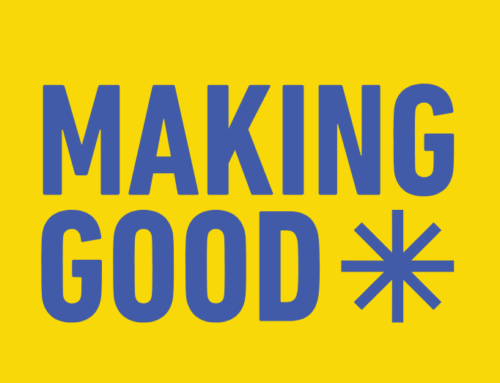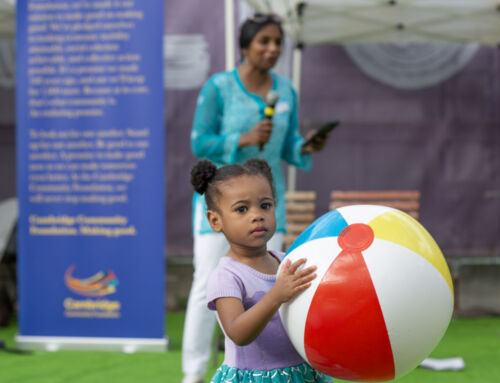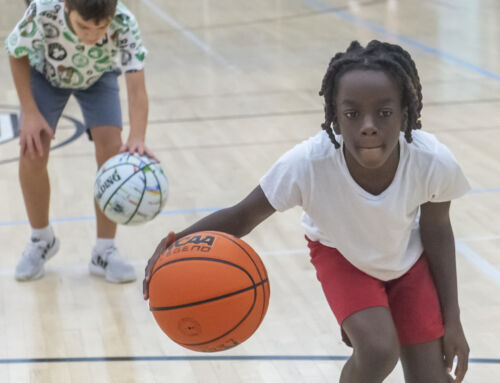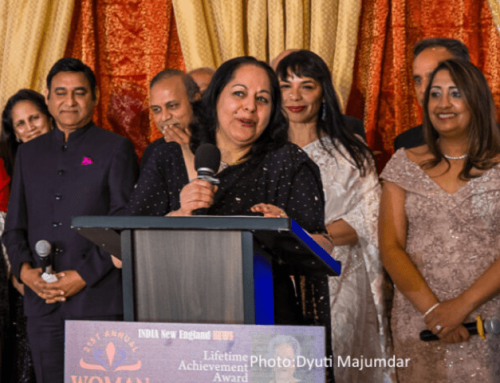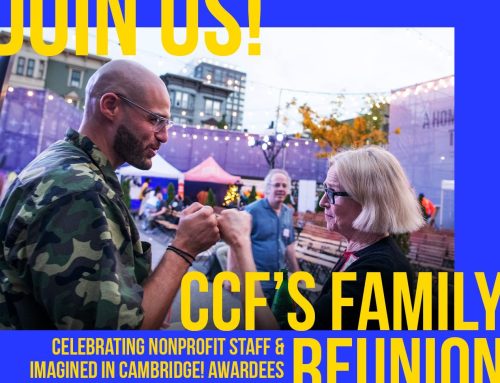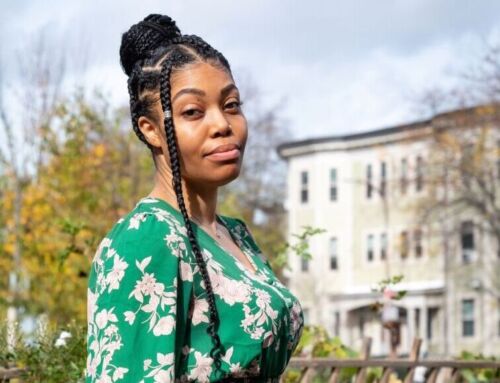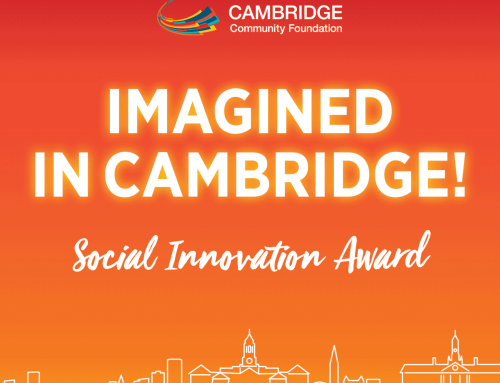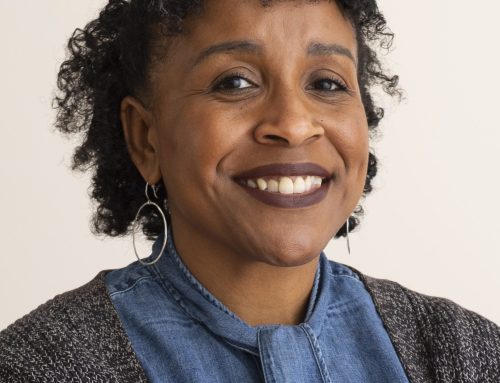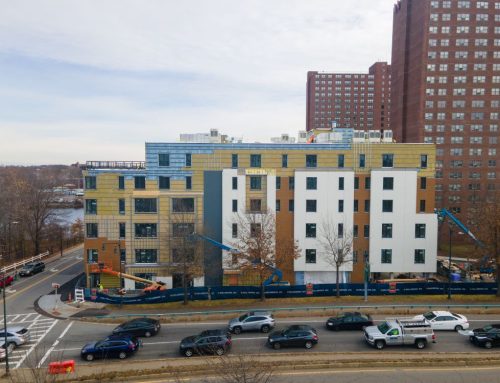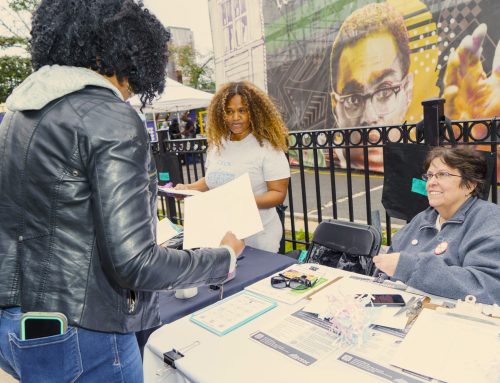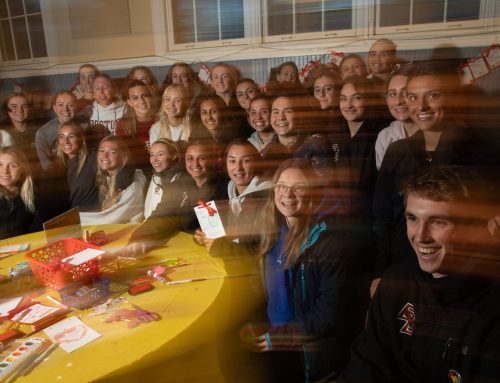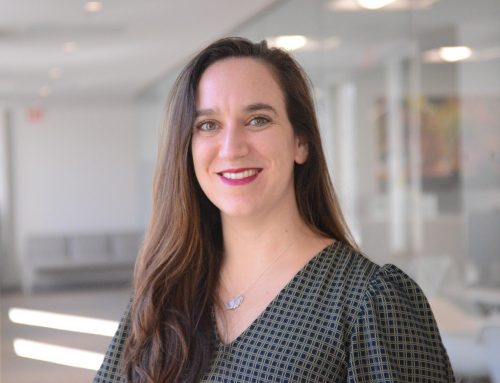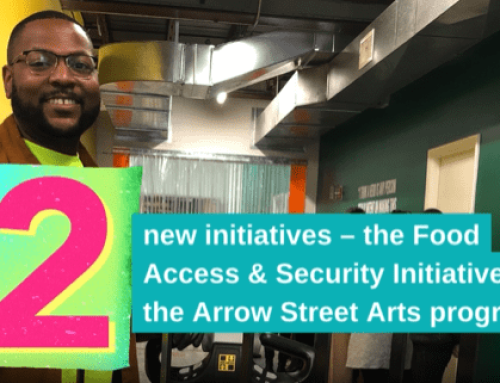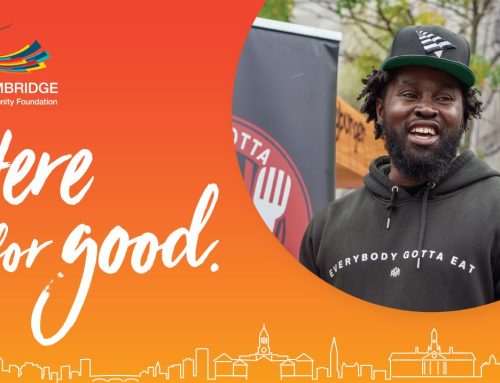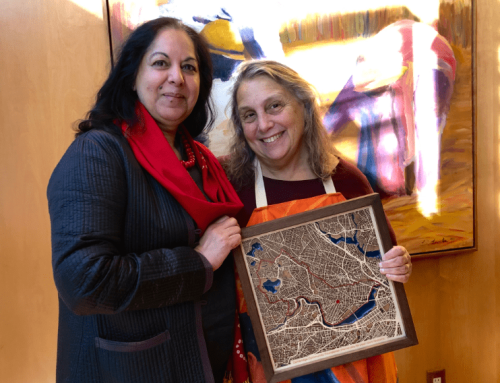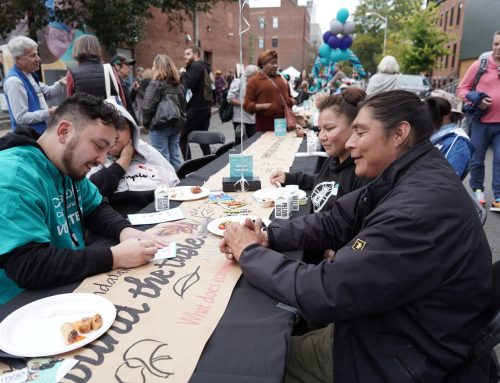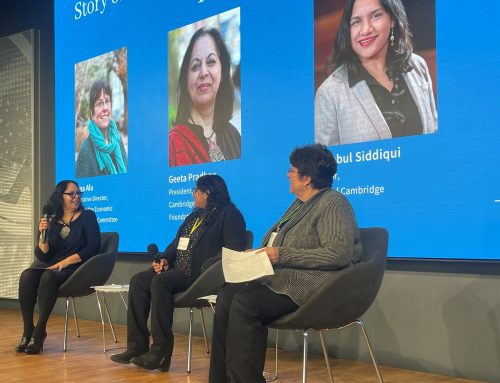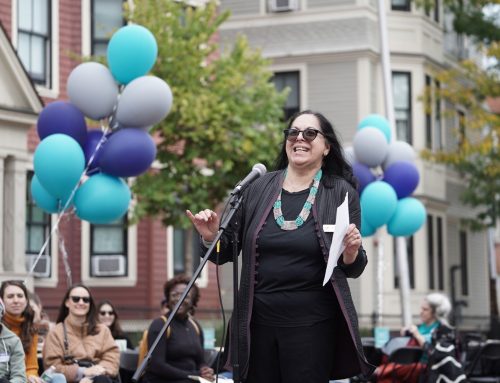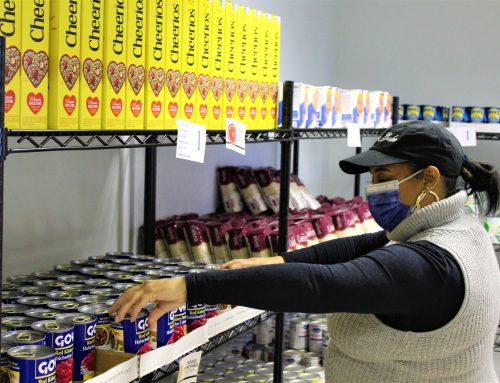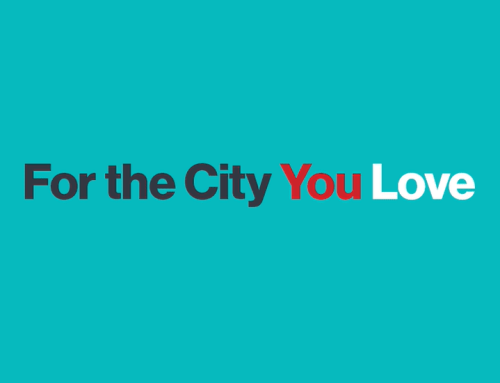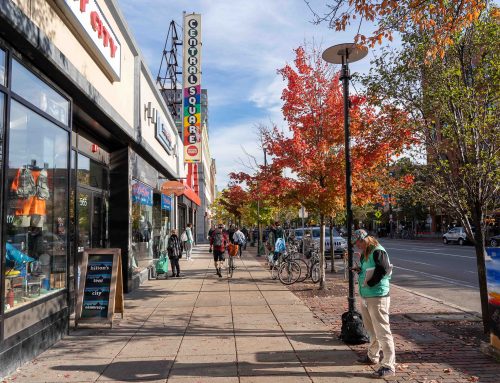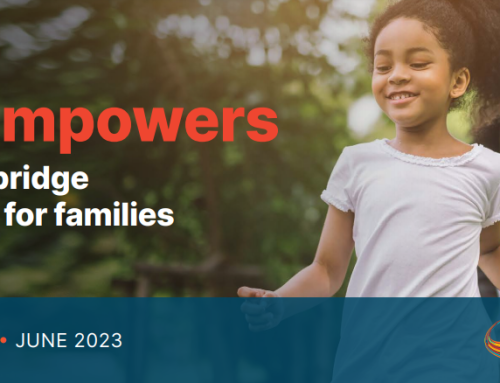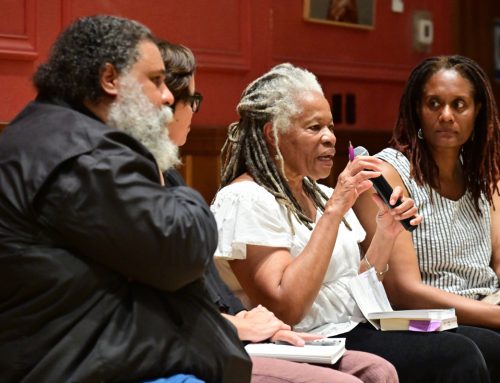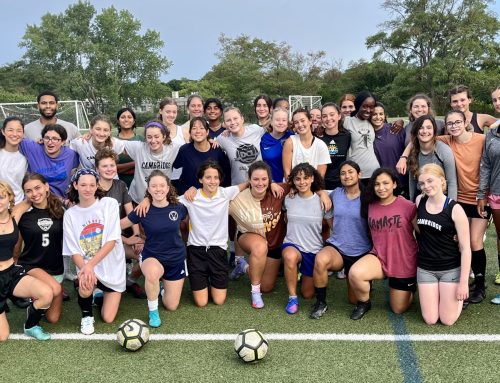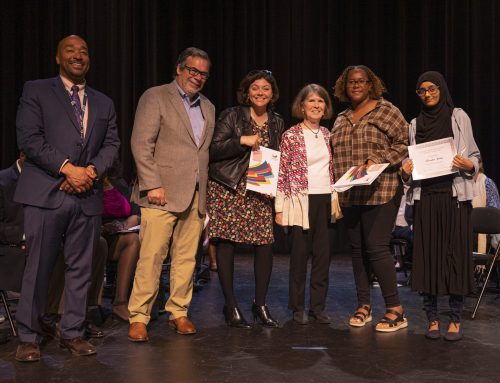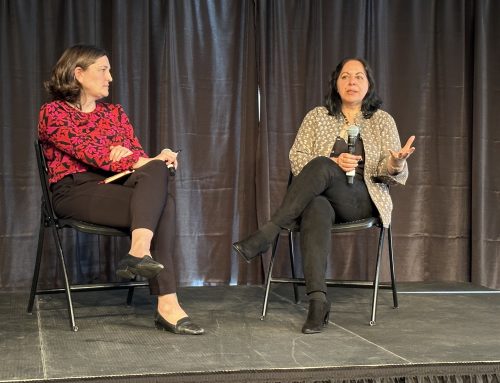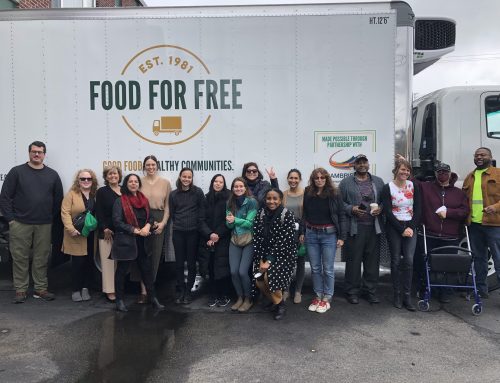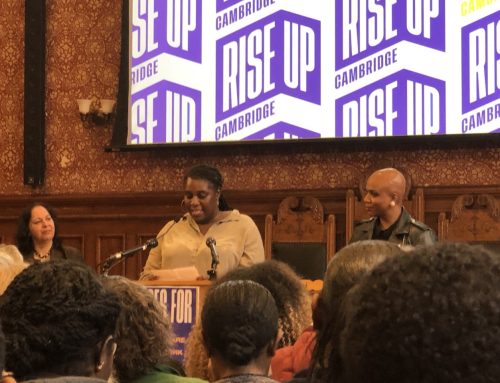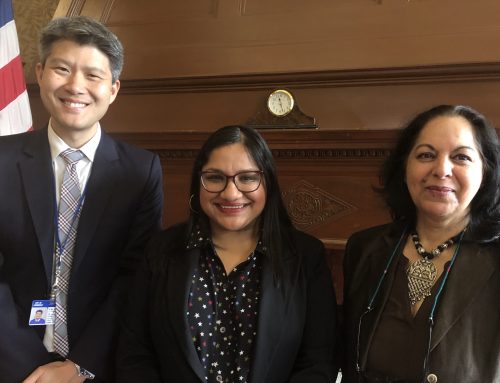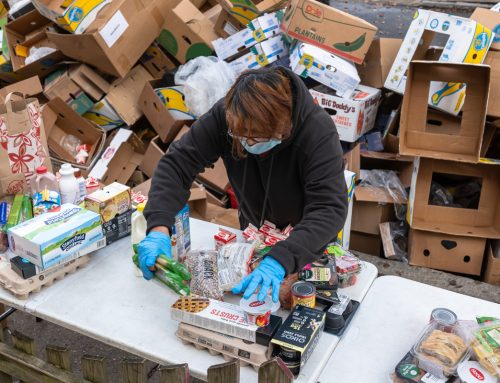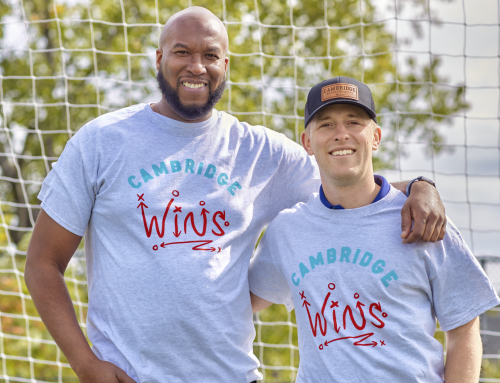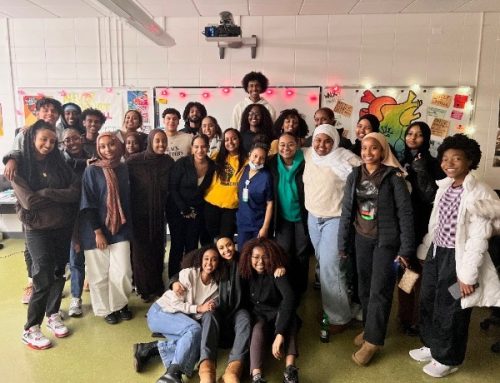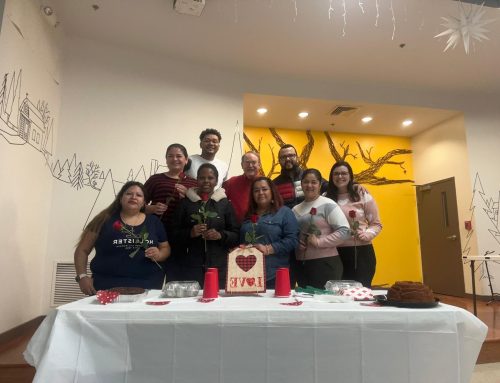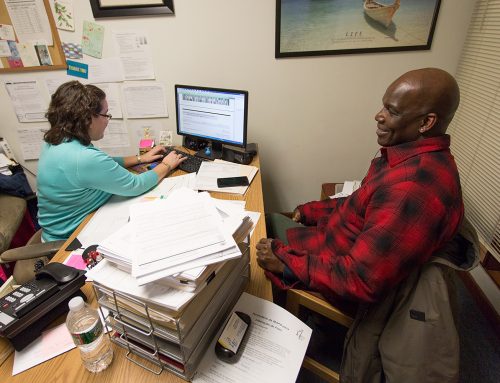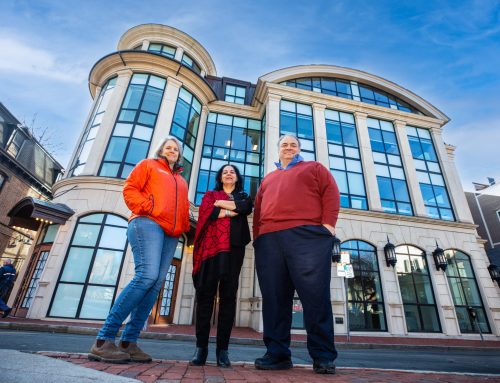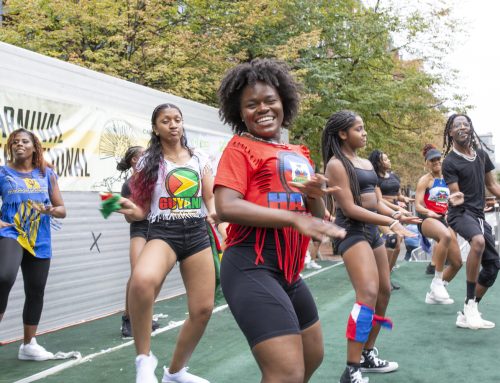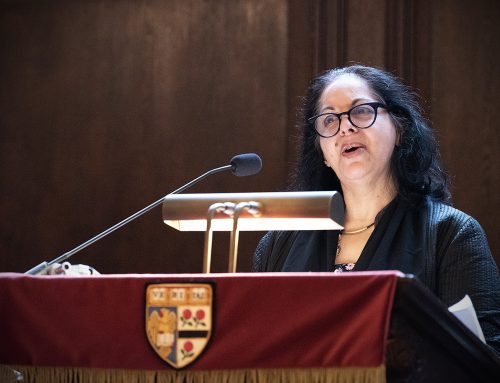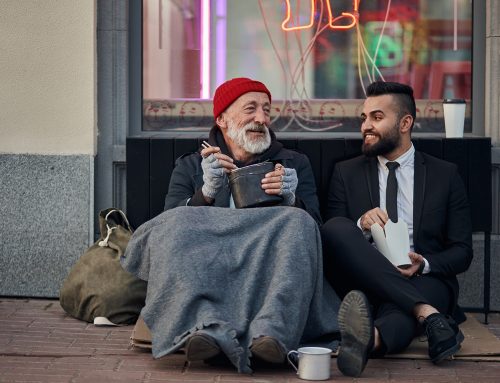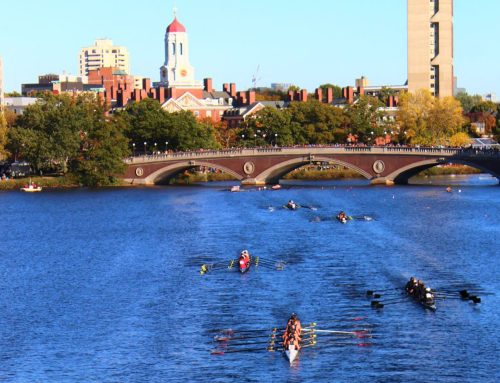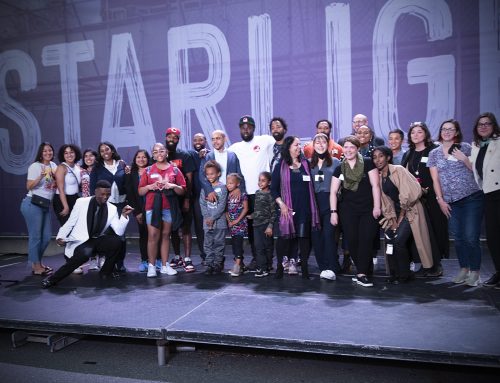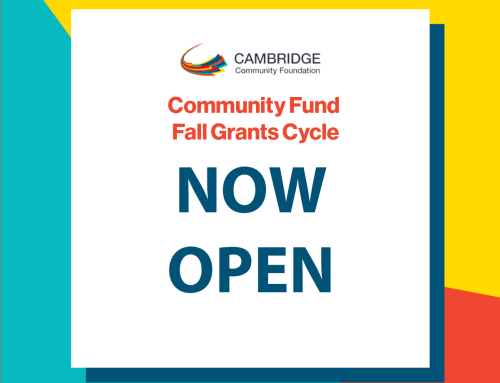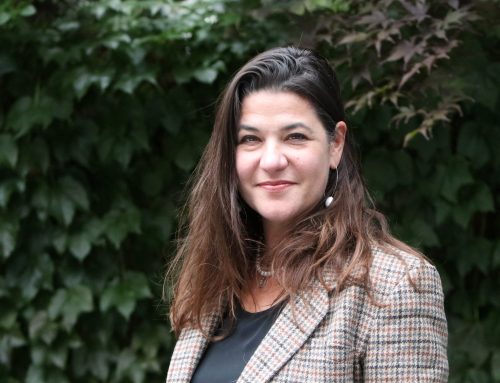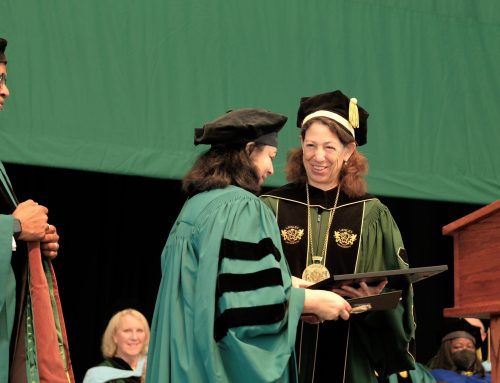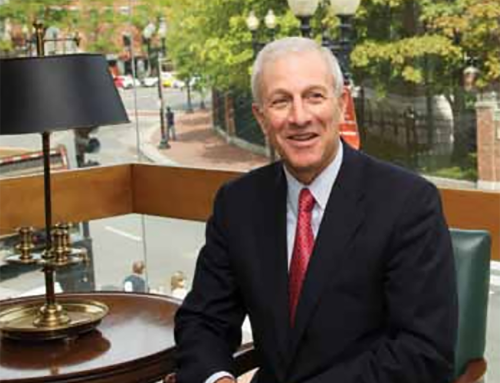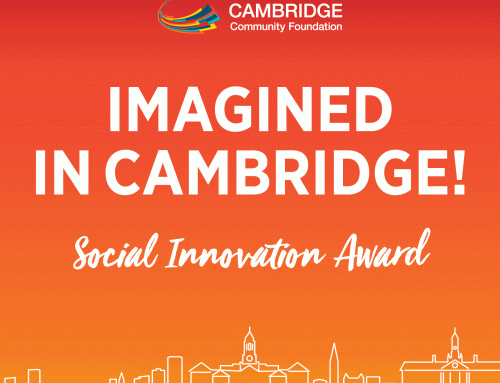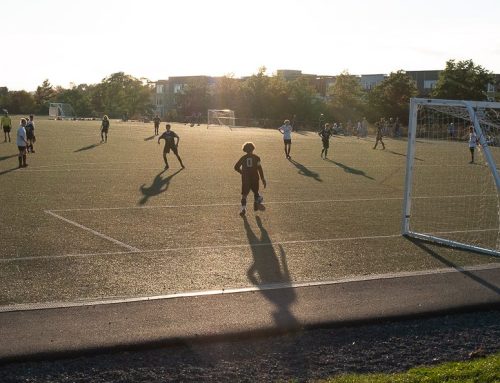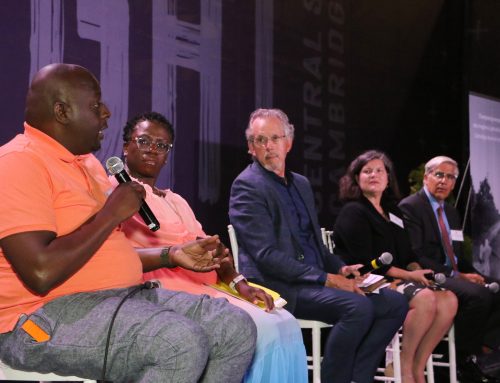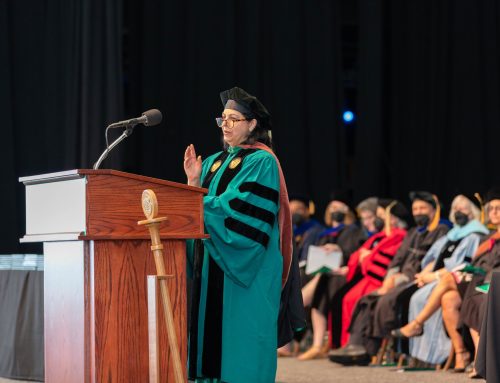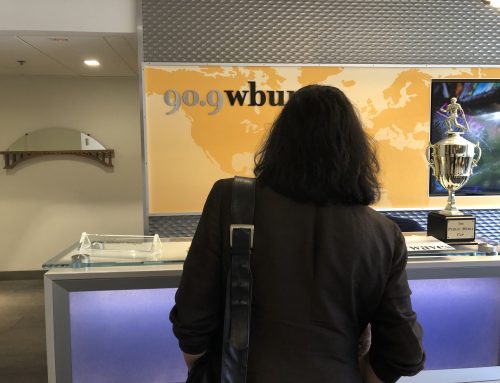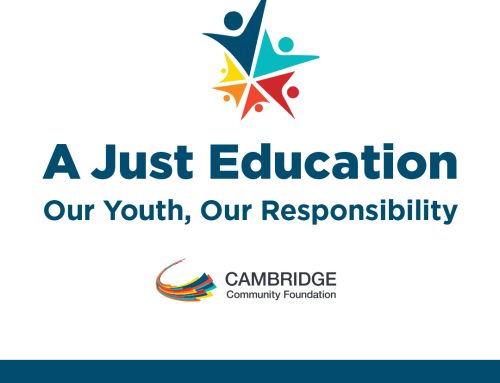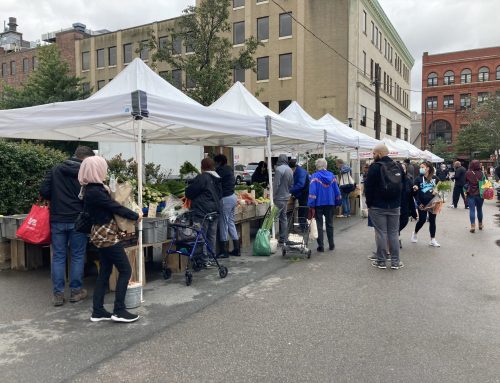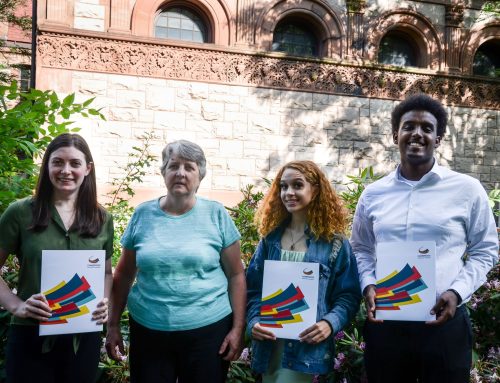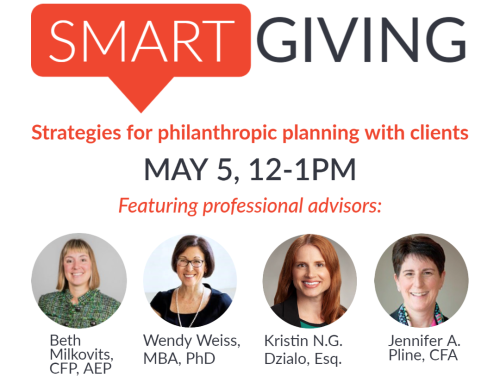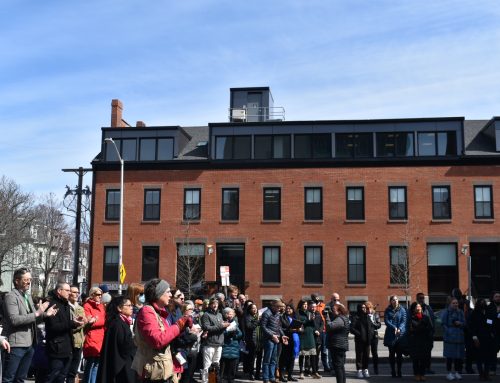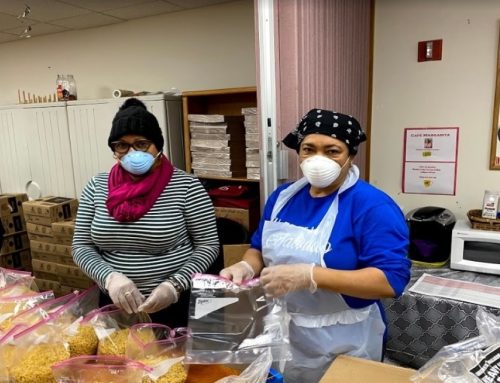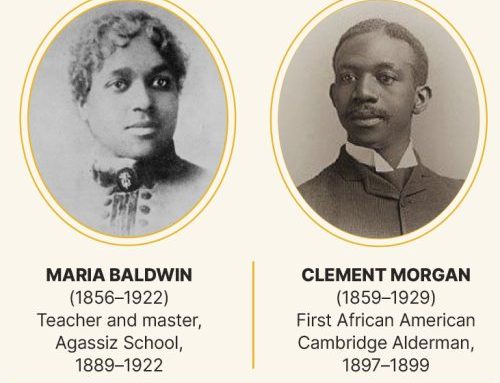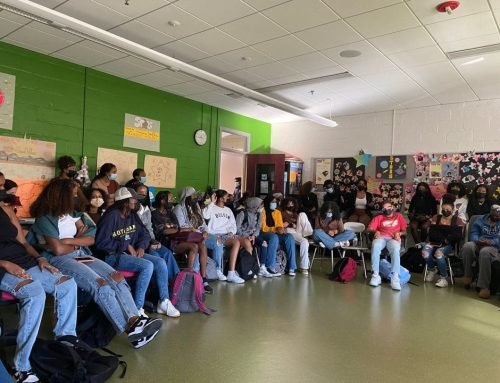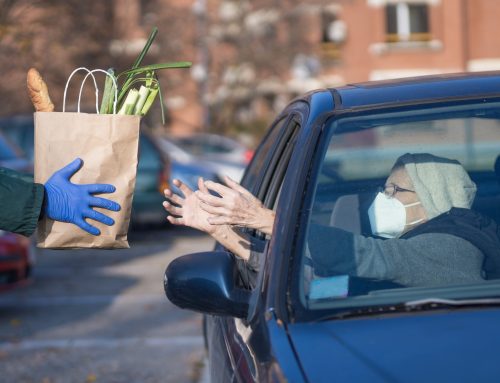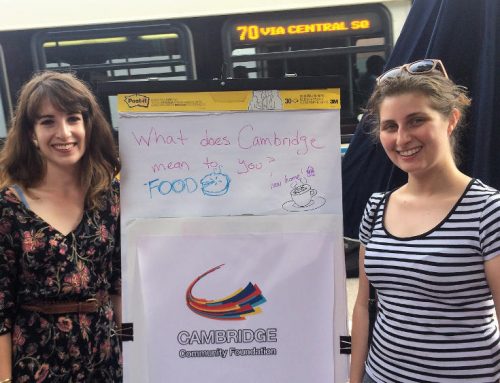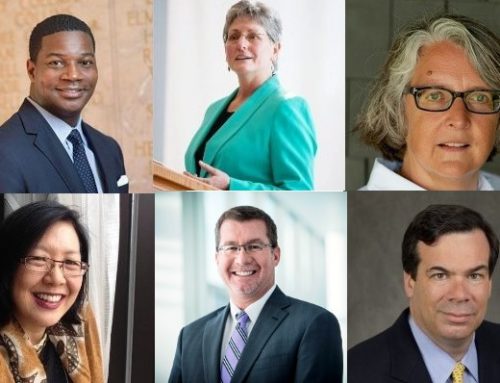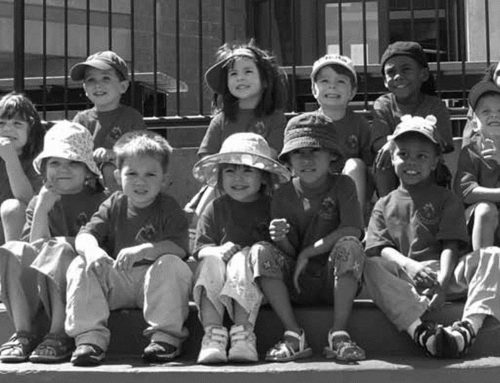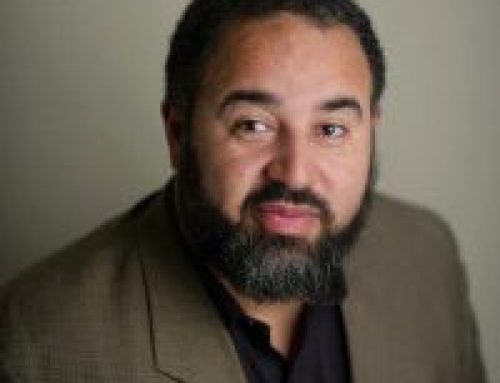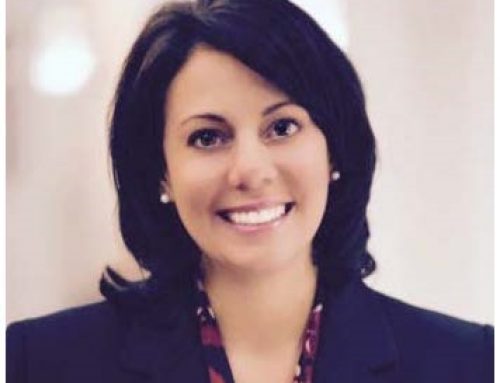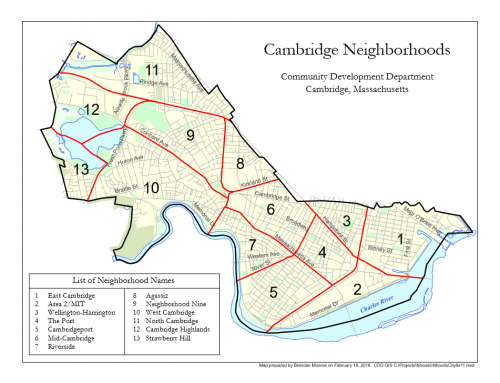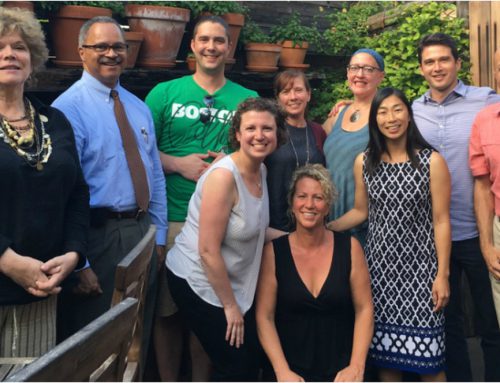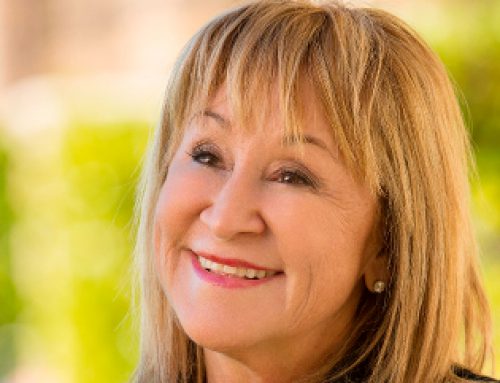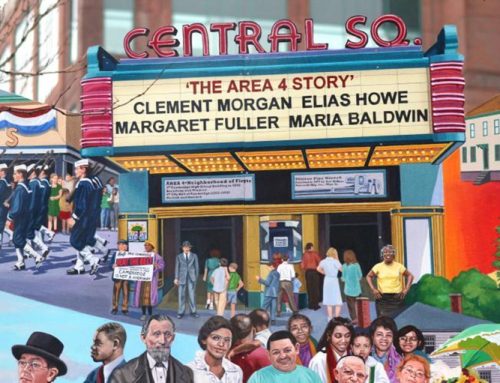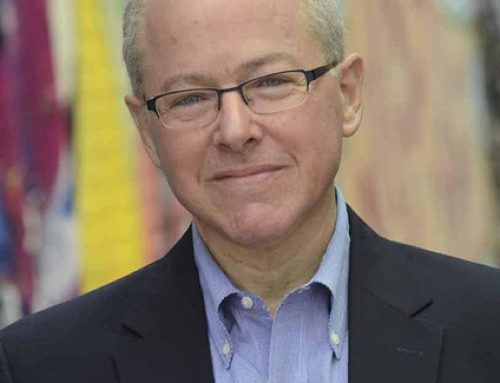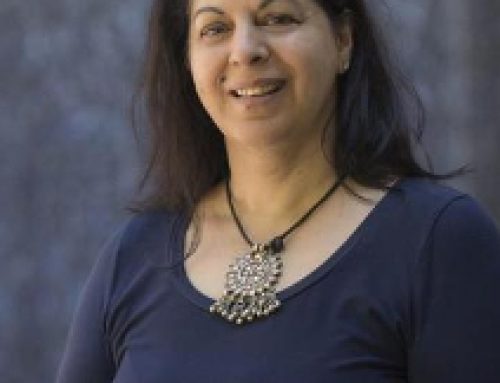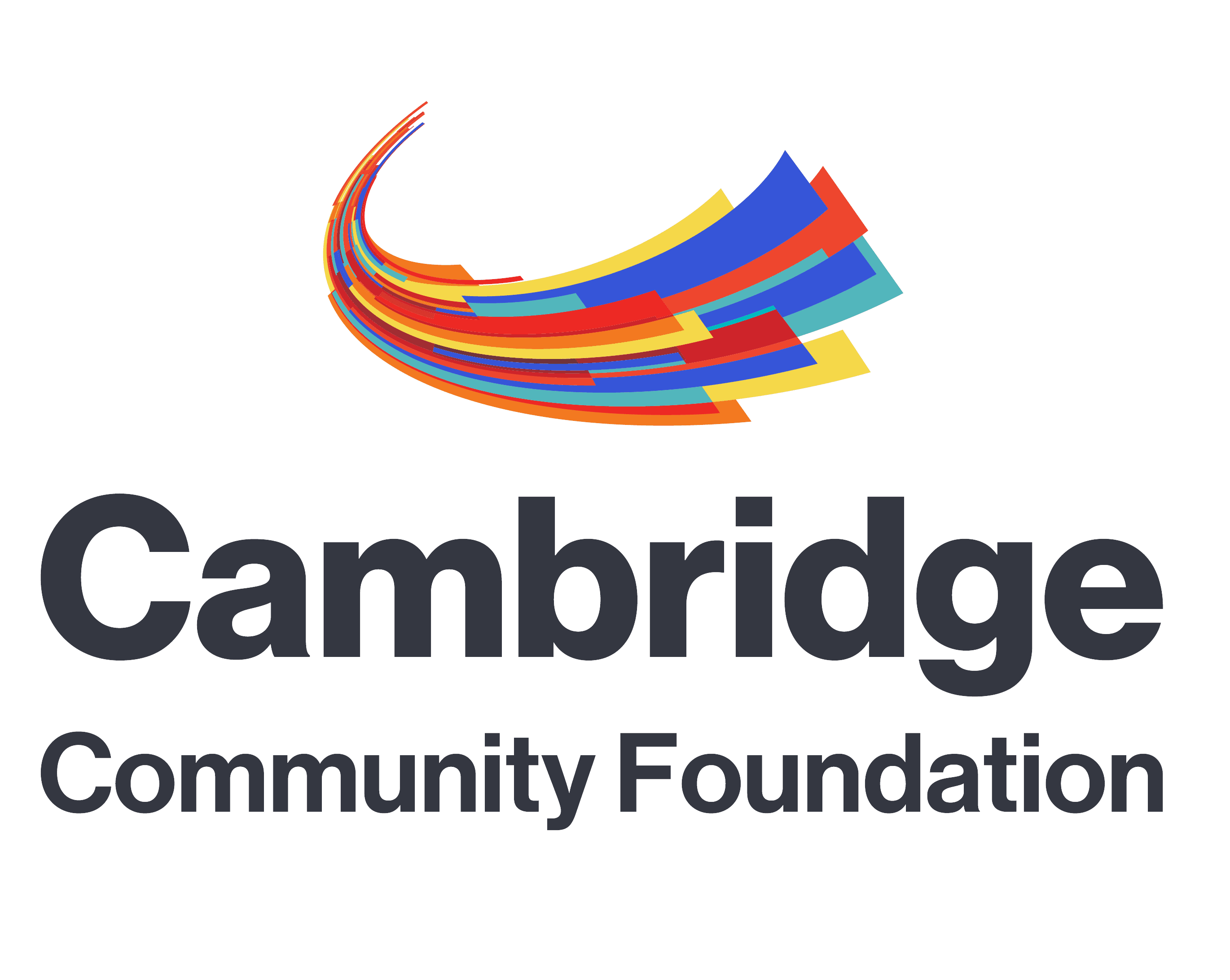
Research reminds us that education and opportunity go hand in hand. That’s why learning is so important—even over the summer. We caught up with Elissa Spelman, executive director of Breakthrough Greater Boston (BTGB), one of our nonprofit partners, to talk about the importance of out of school time learning and the challenges we need to overcome for kids in our community. As a city, we’re fortunate to have a wide array of summer programs for school-aged kids, ranging from the Mayor’s Summer Youth Employment Program, to CitySprouts, Cambridge Camping, the Cambridge Community Center, and other nonprofits funded by the Cambridge Community Foundation.
Why is summer learning so important?
The school year calendar was established to support an agrarian economy so kids could work in the fields in the summer, but it’s not what is best for learning. For students, summer is a long expanse of time when activities can vary widely, everything from traveling abroad or attending an expensive overnight camp to sitting on the couch, watching TV or caring for younger siblings.
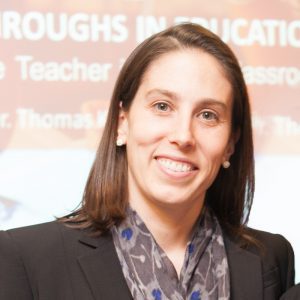
Research shows there’s dramatic learning loss in the summer. Low income students lose an average of two months of reading and two months of math every summer, while higher income students remain steady. During the school year all students achieve at the same rate because they’re equally capable, but during the summers the higher income kids continue to advance and the lower income kids decline and lose ground. And those summer losses add up. So, what we’re really looking at is an opportunity gap that becomes an achievement gap that then accumulates over multiple summers.
How can we address the opportunity gaps between high, moderate, and low- income kids?
Nationally, half as many low-income students as high-income students participate in summer learning programs. There’s a vast discrepancy in terms of access and most of that is driven by cost; some of it is students needing to stay home to take care of a sibling, which we need to solve for.
In Cambridge, there’s been a concerted effort to ensure that all middle school students are engaged in some sort of summer program. Beginning a number of years ago, the Middle School Network came into schools and matched kids to programs one to one. Cambridge said, “We can do this… we can wrap our arms around the kids in our community and ensure that our students are signing up.”
At Breakthrough Greater Boston we are 100% cost free and I think that allows everyone to feel fully a part of the community. An important goal is to ensure there are free spots for low-income students in all sorts of programs. Programs could either engage in external fundraising to cover costs for low-income students; or families with means could even sponsor another student when they sign their child up.
Another barrier can be awareness. In Cambridge we are fortunate enough to have robust resources like Find it Cambridge, which has a comprehensive database of activities for kids and families.
What are things that we, collectively as a community, should be doing to address these gaps?
A community needs to say “we value and commit to summer learning for all youth” and then figure out what it takes to get there…Do we have enough seats? Are they affordable seats? Do students and families know about them? What are the barriers to applying? Can barriers to participation be knocked down? In some cities, the Mayor has gotten directly involved by allocating funding necessary to ensure there are enough seats for all students.
As we enter the school year, what can families do to support learning for their children?
Given the richness of opportunities in Cambridge, adults ought to encourage kids to get involved in some kind of afterschool program or activity. Signing up for different opportunities often helps students to discover their passions and to take positive risks. Joining programs also allows young people to meet new friends and connect with different communities. Out of School Time (OST) programs often serve as an important support for students’ social emotional wellbeing. Giving young people the chance to participate in OST programs is giving them the opportunity to be in a new environment where they can reinvent themselves and thrive.
Breakthrough Greater Boston is a program funded by the Cambridge Community Foundation that provides a six-week summer program for 150 rising 7th, 8th, and 9th graders from low-income families in Cambridge each year. Through the academically rigorous summer programs and year-round support over six years, BTGB helps low-income students prepare for college success. BTGB also recruits, trains and prepares college students to be the next generation of urban teachers.

